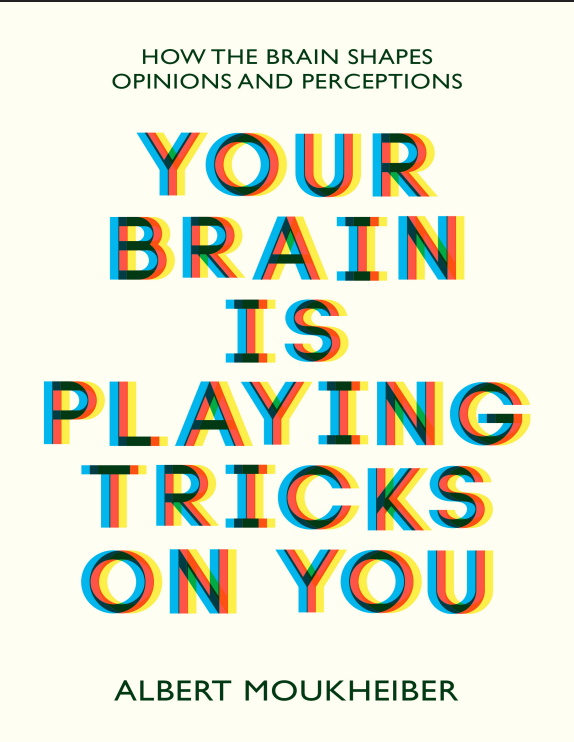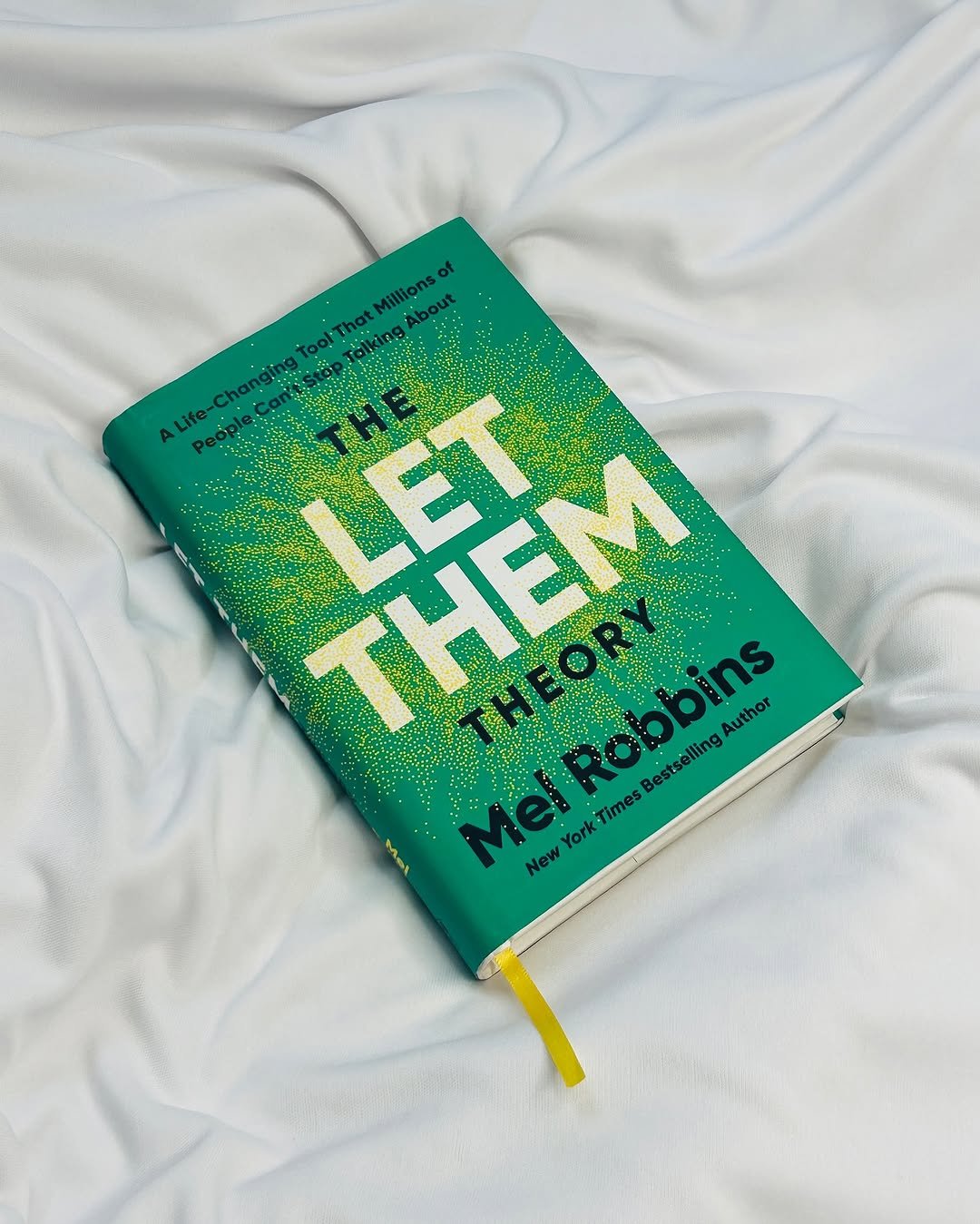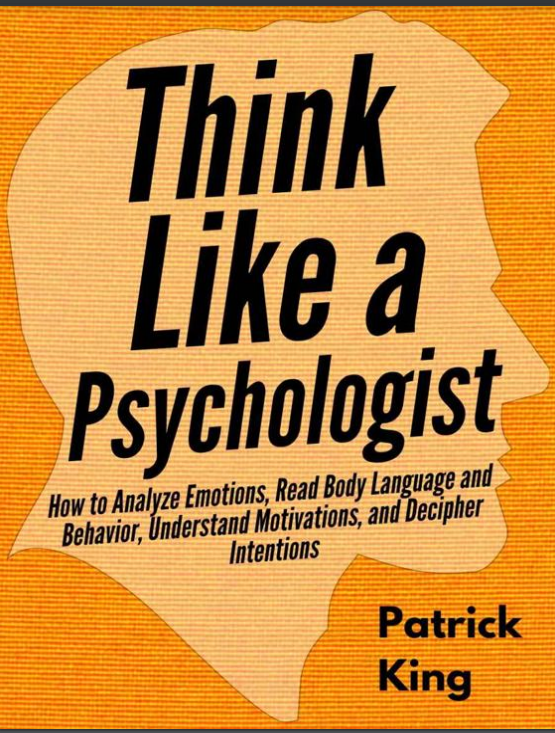

your Brain Is Playing Tricks on You by Albert Moukheiber
Reviews
No review yet. Be the first to review this book!
Description
"Your Brain Is Playing Tricks on You: How the Brain Shapes Opinions and Perceptions" by Albert Moukheiber: Albert Moukheiber’s book delves deep into how the brain constructs our reality—and how often it deceives us without our awareness. He begins by explaining that our brain is not a passive observer but an active interpreter of the world. It constantly filters, organizes, and interprets information based on previous experiences, beliefs, emotions, and cognitive shortcuts. This process, while useful for efficiency, can lead to distorted perceptions, false memories, and misleading opinions. Moukheiber explores how cognitive biases—like confirmation bias (favoring information that confirms our beliefs), the Dunning-Kruger effect (overestimating our knowledge), and the illusion of truth—impact our decision-making. He demonstrates how our brain prefers coherence over accuracy, often choosing comfort and familiarity over objective truth. This is why people may cling to wrong ideas even when presented with clear evidence. Another major theme is how opinions are formed. Rather than being rational and evidence-based, opinions are often shaped emotionally and reinforced through social identity and group belonging. Moukheiber shows how people build mental models and "stories" to make sense of the world, but these stories can become rigid and resistant to change. The brain dislikes uncertainty, so it fills gaps in understanding with assumptions—often incorrect ones. The book also touches on the danger of overconfidence and the illusion of knowledge. Moukheiber encourages readers to practice epistemic humility—recognizing the limits of what we know and being open to new perspectives. He advocates for critical thinking, emotional awareness, and mental flexibility as tools to fight misinformation, divisiveness, and dogmatic thinking. Throughout, Moukheiber uses accessible neuroscience and psychology, real-life examples, and clear explanations to illustrate his points. His tone is both educational and thought-provoking, aiming to help us become more aware of the mental "tricks" we fall for—and how to train ourselves to think more clearly and empathetically in a world full of cognitive traps.



















.jpg)

.jpg)


.jpg)







.jpg)








.jpeg)






.jpg)



.png)

.jpg)
.jpeg)



.jpeg)





.jpeg)

.jpeg)





.jpg)

.jpg)



























































